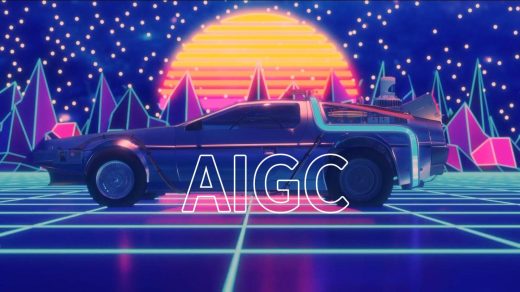After writing a variety of blogs for this course, I will end my blogging experience with this final entry. For this final blog, I would like to write out some of my thought about my experience of writing these blogs and I would like to take a brief look at the blogs that I have written.
My blogging experience
Blogging is not the kind of thing that I used to be doing before taking this class. It is thus somewhat of a new experience for me, and I think it was interesting to do so. Writing a blog every week has actively puts me in the place of a creator of digital content instead of a consumer, which made me look more critical of how digital content is being created. I might have underestimated the time and effort it takes to write a blog every week. Thinking about a new topic to cover every week again takes up time, as I had to do some research about these topics before I could start with the writing process. Based on my blogs so far, I think I am far from being a professional blogger and I still have a lot to learn when it comes to creating appealing content.
Digital media, culture and society … and history
Already from the start of this course, I figured that digital history would be the best subject for me to write blogs about. In a previous course I already learned some of the topics covered by digital history, such as the usage of Geographical Information Software (GIS) by historians and how to work with several kinds of online databases. I used this to as a starting point for some of my blogs. In my second blog I discussed the usage of GIS by historians, and I also created a story map with ArcGIS to explore how GIS data can be combined with interactive storytelling. When it comes to online databases, in my blog called ‘ancestors on trail’ I discussed the availability of historical court records and other criminal data online, of which the Old Bailey Online is the most wide known example. Last week I also wrote a blog about the availability of digital data in the light of an age of data abundance. As is mentioned in both blogs, the availability of data is interesting for the purpose of research but also problematic in the light of privacy concerns.
Besides writing about GIS and digital data, I also explored the relationship between history and online popular culture. I devoted two blogs to YouTube, as the platform provides a great opportunity for historians to share their enthusiasm with a wider audience, but the platform unfortunately also deleted some historical content in the context of its struggle with extremist content. Just as with the availability of online data, our digital age creates a lot of opportunities for historians, but historians also have to deal with societal discussions about imposing certain limitations on digital media. I also wrote a blog about how history is used as a theme for many videogames and how developers deal with the concept of historical accuracy.
The blog that I thought was the most interesting to write was my first blog about digital photo manipulation. Just as with other topics that I mentioned above, also here digital media provides us with opportunities to improve our understanding and experience of history, but we also have to be careful with it.



Recent Comments